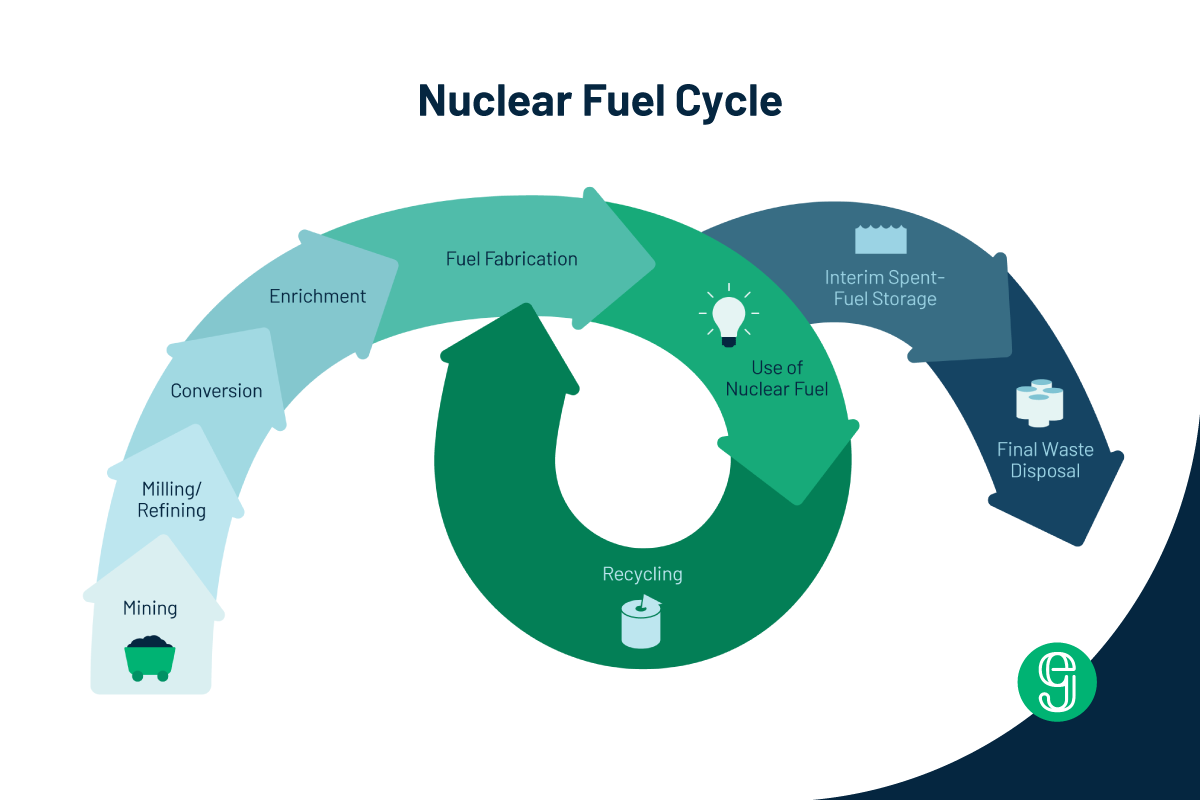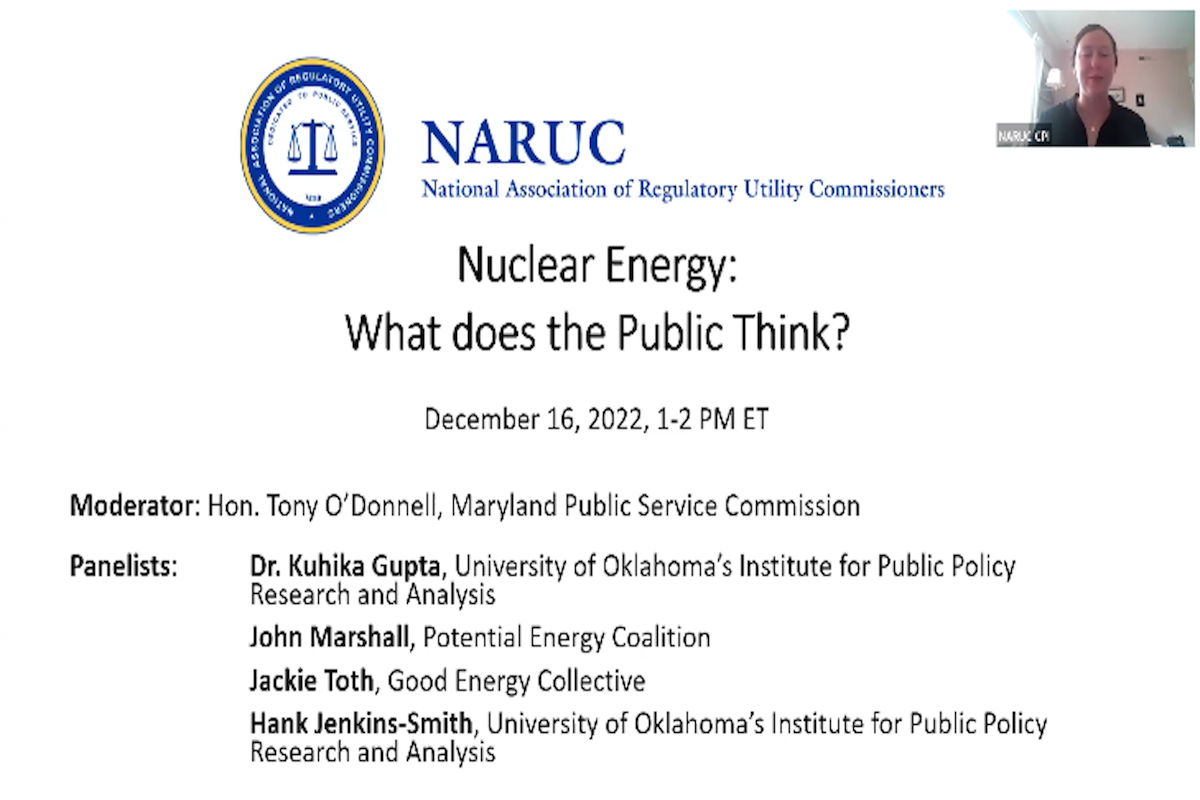"All of the civilian nuclear energy policy victories we’re notching won’t guarantee nuclear’s societal progress unless we also work to earn public trust..."

Nuclear optimists and nuclear realists have lots to celebrate — policymakers showed this month that they recognize the scales of opportunity and challenges facing nuclear today. But Speaker Mike Johnson’s decision to leave town without voting to extend the Radiation Exposure Compensation Act (RECA) before it expires threatens to overshadow other policy achievements.
The federal government’s focus on meeting new energy demand, new reactor builds, restarts, and tackling cost and schedule overruns made May and early June a welcome moment. Any conversation about energy demand drivers today isn’t complete without mentioning artificial intelligence, semiconductor production, data centers — and nuclear’s ability to provide power for these sectors. Amid Vogtle 4’s launch celebration, we’re tracking more vocal interest in exploring new large light-water reactor builds in the future — though it depends on who you ask. For Georgia Public Service Commissioner Tim Echols (who knows of what he speaks), cost overrun support would be a must-have for any new nuclear projects in his state. In D.C., policymakers turned their attention toward tackling the cost hurdle and other project management barriers with a new federal working group. And now that the Palisades Nuclear Generating Station is working toward a restart with support from the DOE Loan Programs Office, DOE Secretary Jennifer Granholm expressed confidence that more decommissioned nuclear plants could operate again — or that new reactors could be built at today’s power plants, with some 30 existing sites already licensed for more nuclear construction. The federal government and states are still interested in repowering coal plant sites with nuclear, and new research from the University of Michigan identified the suitability of nuclear at many U.S. coal plants.
Some of those new builds might be advanced reactors. In early May, the House passed the conferenced nuclear energy package that will address several licensing, regulatory, and export hurdles for advanced nuclear once the Senate passes the bill. Riding on the back of fire grants legislation that expires this fiscal year, the package carries some bonus urgency for enactment by Sept. 30.
Nuclear waste policy gained ground. DOE received a certification that its radioactive waste transport railcar is ready to roll, and the department formally determined the need for a spent nuclear fuel storage facility. That’s a crucial achievement as we and the DOE move forward with the consent-based siting process for waste storage, which, as Assistant Secretary Emeritus Katy Huff reflected, “focuses on centering communities and their interests.” The consent-based siting process is also one of four steps that American Nuclear Society President and CEO Craig Piercy and I flagged for Congress to pursue to overcome nuclear waste policy inertia once and for all.
Worse than waste policy inertia, however, is Congress’ waffling on legislation to extend and expand RECA. In letting RECA compensation lapse last week — even if a deal comes together upon the House’s return — Congress has abdicated a responsibility to support citizens whose health its nuclear weapons testing affected.
All of the civilian nuclear energy policy victories we’re notching won’t guarantee nuclear’s societal progress unless we also work to earn public trust and confidence in nuclear technologies. And that starts with taking care of the uranium workers — many of whom are indigenous — their families, and others affected by past military applications of nuclear.















































.png)






















.png)






%252520(1200%252520%2525C3%252597%252520800%252520px).png)







